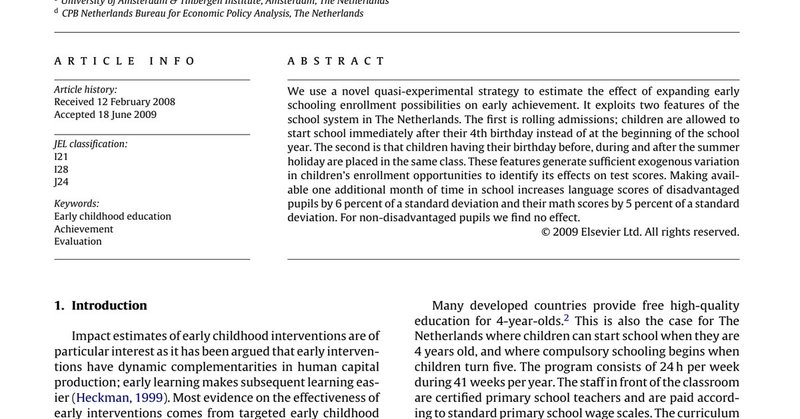
Hessel Oosterbeek
@hooster1
Followers
680
Following
497
Media
8
Statuses
507
Economics of education; University of Amsterdam
Amsterdam
Joined January 2011
We have a new working paper: “The (Un)importance of School Assignment”. 1/9
dropbox.com
Shared with Dropbox
1
12
52
Wij deden hier 14 jaar geleden onderzoek naar en vinden dat het ongelijkheid flink kan verminderen:
dropbox.com
Shared with Dropbox
0
1
7
RT @ThomasBuser: New paper: "Adversarial Economic Preferences Predict Right-Wing Voting" .Competitiveness predicts….
0
5
0
Ben wel benieuwd wat de dochter vindt van de visie van de vader ten aanzien van Engelstalige programma’s:
Trots op dochter die vandaag is afgestudeerd aan de @VUamsterdam . - begrijp je ook waarom ik vanmorgen in Diemen op campagne was en niet in Twente -
0
1
7
Perhaps of interest to: @ChrisANeilson @andbjn @c_r_walt @KiraboJackson @CamilleTerrier1 @prof_parag @metrics52 @BlueprintMIT @m_urquiola @Lnavarrosola.
1
0
5
Perhaps of interest to @JoshGoodman_BU, @ChrisANeilson, @adamaltmejd, @andres_bafer, @Dejan_KovacHR, @camulhern, @josefaaguirre, @AdeGendre, @chriskarbownik, @HelenaSkyt.
0
0
2




